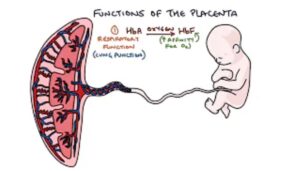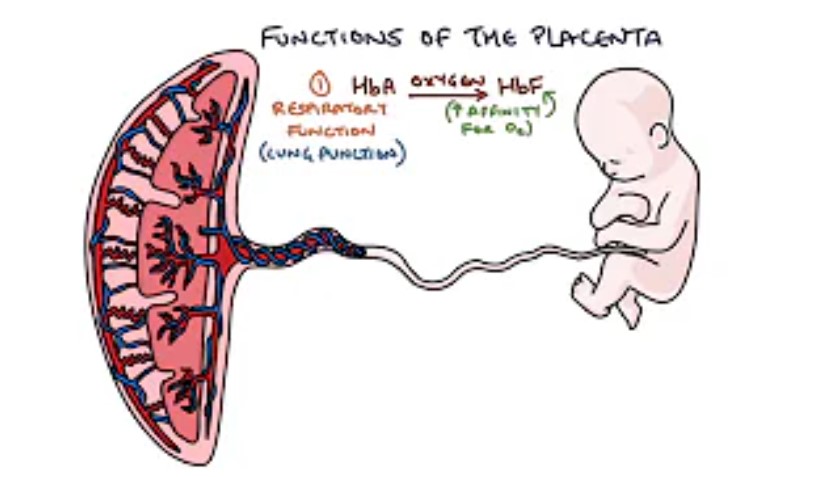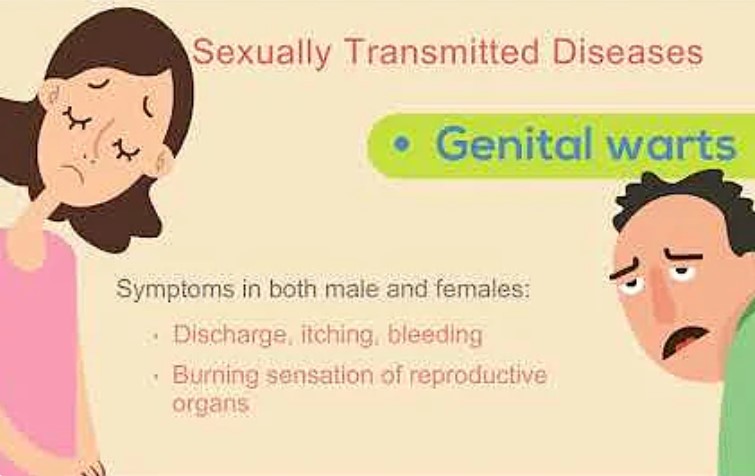When Does the Placenta Take Over: Role of the Placenta in Pregnancy
The placenta is a vital organ that plays an essential role in pregnancy. It connects the developing fetus to the uterine wall and provides the necessary nutrients and oxygen for the fetus to grow and develop. But when exactly does the placenta take over in pregnancy? In this article, we will explore the development of the placenta, its functions, and when it takes over in pregnancy.
What is the Placenta?
The placenta is an organ that develops in the uterus during pregnancy. It is formed from the same cells that make up the embryo and the outer layer of the fertilized egg. The placenta is attached to the uterus wall and connected to the developing fetus by the umbilical cord. The placenta is a complex organ that performs various functions, including providing oxygen and nutrients to the developing fetus, removing waste products, and producing hormones necessary for pregnancy.
Development of the Placenta
The development of the placenta begins shortly after fertilization. Once the sperm has fertilized the egg, it travels down the fallopian tube and into the uterus. The fertilized egg then implants itself into the uterine wall. The cells that make up the outer layer of the fertilized egg then begin to differentiate and form the placenta.
The placenta is formed from two layers of cells: the outer layer, which is called the trophoblast, and the inner layer, which is called the embryonic disc. The trophoblast cells are responsible for forming the outer layer of the placenta, while the embryonic disc gives rise to the fetus. As the placenta develops, it becomes more complex, with blood vessels and other structures forming to support the growing fetus.
Functions of the Placenta
The placenta plays several important roles during pregnancy. One of its primary functions is to provide oxygen and nutrients to the developing fetus. The placenta is connected to the mother’s blood supply, absorbing nutrients and oxygen from the mother’s bloodstream and transferring them to the fetus. The placenta also removes waste products from the fetus, such as carbon dioxide, and transfers them to the mother’s bloodstream, where they can be eliminated.

In addition to its role in providing nutrients and oxygen, the placenta also produces several hormones that are necessary for pregnancy. These hormones include human chorionic gonadotropin (hCG), responsible for maintaining the pregnancy, and progesterone, which helps prepare the uterus for implantation and prevents contractions that could lead to miscarriage. The placenta also produces estrogen, which helps promote the fetus’s growth and development.
When Does the Placenta Take Over?
The placenta begins to take over some of the functions of the mother’s body early in pregnancy. For example, the placenta starts producing hCG shortly after implantation, which helps to maintain the pregnancy. However, it is not until around the end of the first trimester, at around 12 weeks, that the placenta fully takes over, providing oxygen and nutrients to the fetus.
Also Read: What is ClearBlue Positive Pregnancy Test?
Before this point, the developing embryo relies on the yolk sac for nutrition. The yolk sac is a small sac that forms simultaneously with the embryo and provides nutrients to the developing embryo until the placenta takes over this function. As the placenta becomes more complex and fully develops, it takes over the yolk sac functions, providing a more efficient and effective means of supplying the fetus with the necessary nutrients and oxygen.
The placenta is a vital organ that plays an essential role in pregnancy. It provides oxygen and nutrients to the developing fetus, removes waste products from the fetus, and produces hormones necessary for pregnancy. The development of the placenta begins shortly after fertilization, and it becomes more complex as the pregnancy progresses. The placenta takes over some of the functions of the mother’s body early in pregnancy. Still, it is not until the end of the first trimester that it fully takes over, providing oxygen and nutrients to the fetus.
Understanding the role of the placenta in pregnancy is important for both expecting mothers and healthcare providers. It can help identify potential issues with the placenta, such as placenta previa or placental insufficiency, which can lead to complications during pregnancy. Pregnant women need to receive regular prenatal care to monitor the health of the placenta and the developing fetus.
In addition, research is ongoing to understand better the role of the placenta in fetal development and pregnancy complications. For example, recent studies have examined the relationship between placental function and the risk of preterm birth, a leading cause of infant mortality and morbidity. By understanding the role of the placenta in pregnancy, researchers may be able to develop new strategies to prevent preterm birth and other pregnancy complications.
In conclusion, the placenta is a complex and essential organ that plays a vital role in pregnancy. It provides oxygen and nutrients to the developing fetus, removes waste products, and produces hormones necessary for pregnancy. The placenta begins to take over some of the functions of the mother’s body early in pregnancy. Still, it is not until the end of the first trimester that it fully takes over the functions of providing oxygen and nutrients to the fetus. Understanding the role of the placenta in pregnancy is crucial for ensuring the health and well-being of both the mother and the developing fetus.






